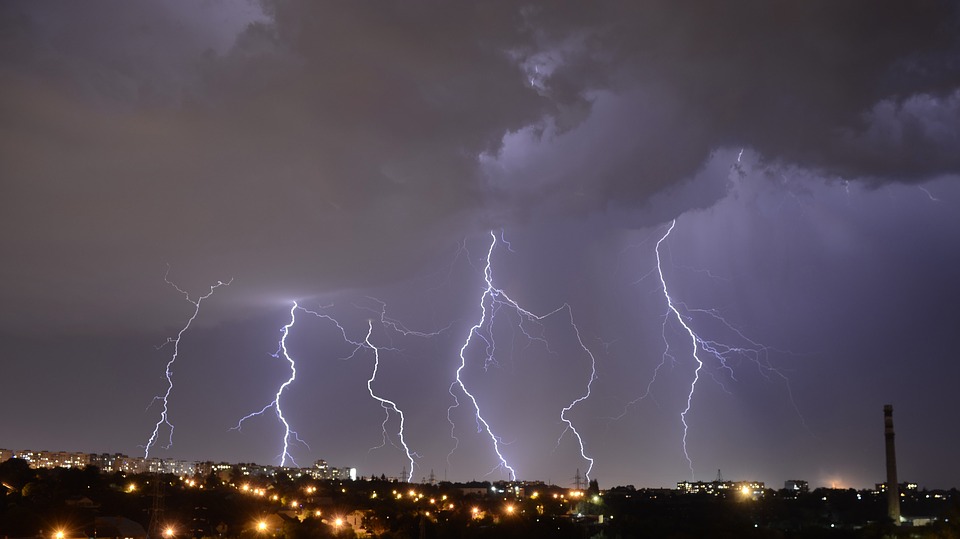Top 4 Reasons Why You Need a Backup Generator

“Why do I need a generator?” It’s a question we hear all too often.
In 2017, three hurricanes pounded U.S. territories and coastal areas. Millions lost power, and on the mainland, people were without power for days. You don’t have to go through a catastrophe to understand the need for a backup generator, however. We’ve listed four reasons you should order a generator for your home or business today.
Reason No. 1: Safety
Safety is the primary reason why you should order a standby generator. People whose lives depend on electronic medical equipment need to have a generator available at all times. Depending on their condition, even a few minutes without electricity can result in death. Safety equipment in industrial environments is another concern. Lights, warning systems, and communication systems all depend on electricity. Without power, people are at risk of injury and death.
Safety is a concern in high-crime residential areas when the power goes out, too. Without electricity, home security systems cannot function, which provides burglars an opportunity to break into homes. And outdoor lights, which ward off strangers and light pathways, also cannot function when the grid is down.
Reason No. 2: Financial Losses
Whenever the power goes out, businesses risk losing money. If the electricity is out for more than a few hours, for example, restaurants can lose thousands of dollars in foodstuff. Manufacturers, likewise, might lose product when the lights go out. And everyone loses productivity when workers can’t see what they’re doing.
Homeowners, too, can lose out financially. If a power outage occurs in the winter, their pipes might freeze if the temperature gets low enough, for example. They might also have to replace refrigerated and frozen foods if these items can’t be kept at a safe temperature.
Reason No. 3: Power Outages are Happening More Often
It’s no secret that more power outages occur now than in the past. There are two reasons for this. The first is an aging electrical grid. The American Society of Civil Engineers rates the U.S. electrical grid a D+: Most power lines in the country were built between 1950-60, and they haven’t been replaced, even though these power lines only have a lifespan of 50 years. Furthermore, more than 640,000 miles of high-voltage transmission wires are at full capacity in the lower 48 states. For these reasons, ASCE states:
Without greater attention to aging equipment, capacity bottlenecks, and increased demand, as well as increasing storm and climate impacts, Americans will likely experience longer and more frequent power interruptions.
The second reason power outages happen more often is because of increasing occurrence of severe weather. Outages doubled between 2003 and 2014, mostly due to storms and severe weather. In this time period, Indiana was ranked tenth in the nation for the number of outages.
Reason No. 4: Comfort
Getting a backup generator for the purpose of maintaining comfort isn’t about vanity. It’s about keeping everyday life going as normal as possible. It’s about taking warm showers and turning on the furnace when it’s 0°F outside.
Installing a backup generator at your home also saves you from the excessive amount of attention a portable generator requires. Most home backup generators run on natural gas, which your city utility likely provides. Small, portable generators require frequent fill-ups, however, and their oil and filters needs changed every 100 hours. So, if an outage lasts a few days, you’re looking at having to completely change the oil to keep it running well. Out of all the stresses a wide-scale blackout brings with it, having to worry about your generator shouldn’t be one of them.
Installing a generator is not a job for rookies. If you’re looking to install a generator, you need to hire a professional to properly hook it up to electrical grid and to your home or business’s circuit breaker. Professionals will make sure local, state, and national regulations are adhered to when installing the generator and that the generator works properly so it can deliver power when required. If you have questions about what generator might be right for you, contact Midwest Generator Solutions.
